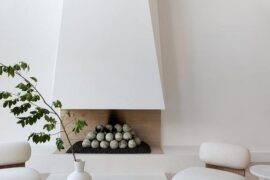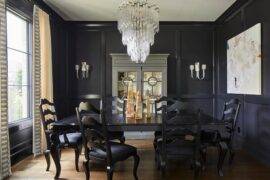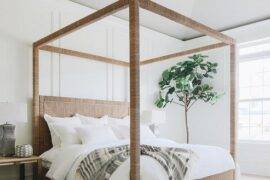Sunken living rooms enjoyed huge popularity back in the ’70s. Nowadays, the trend has resurged in contemporary homes. The recessed area feels more intimate and promotes togetherness while still being light and airy. The difference in floor height helps visually separate the living room while making it feel connected to the rest of the space.
If you are thinking about whether to hop on this trend or not, we share the pros and cons of a sunken living room. Once you go through these, you will decide if the trend is a good fit for your needs!
Pros
Sunken living areas bring a high-end feel to your home with their unexpected design. They are versatile enough to fit various styles, and are also a good fit for outdoor spaces.
Break down large spaces
Extensive spaces can tend to appear monotonous. However, a sunken living room will add dynamics to a large area. The difference in floor height will draw the eye and break down the monotony while still keeping the openness.
Intimate spot
The sunken living area is separated from the rest of the home, which is ideal for intimate entertainment. On the other hand, it isn’t completely isolated. The compact space promotes closeness, allowing you to enjoy quality time with your family and friends.
Airy feel
If you love airy and open spaces, a sunken living room might just be an ideal fit for your preferences. The recessed area features enhanced distance between the floor and ceiling, creating an illusion of spaciousness. The unique design will turn your living room into a high-end space for entertainment.
Cons
Before you decide to commit to this design trend, you should be aware of the cons. Understanding them will help you make the best decision and implement the design features that best suit your specific needs.
Lack of adaptability
The specific layout of the space makes it difficult to repurpose the room. Even if you want to rearrange the furniture to fit your needs better, you will face issues. Commonly, the furniture for conversational pits is bespoke to fit the space, so moving it can be too challenging.
Inconvenience
A sunken space can interrupt the traffic flow, as you have to go up and down the stairs to get around. However, it isn’t only about the traffic flow. If the recessed area doesn’t have a railing, the risk of falling is high. In addition, it is difficult for individuals with mobility issues to access a sunken living room. When you have these challenges in mind, you can execute a convenient design tailored to your lifestyle.
Costs more
If you want to have a cozy conversation pit, keep in mind that it might end up costing more than you expected. The furniture is usually custom-made to fit the space, so the price might soar for large areas. The total cost depends on the shape and size of the seating, the depth of the recessed area, and the materials, so be sure to plan accordingly.
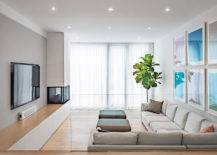
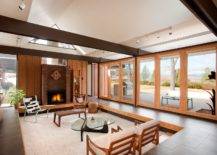
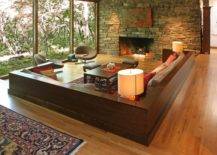
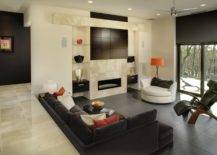
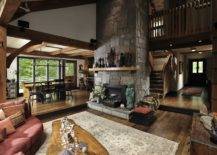
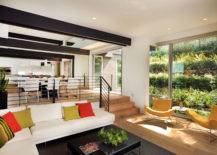
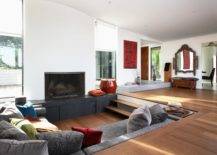
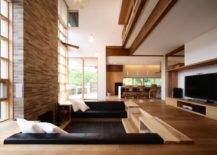
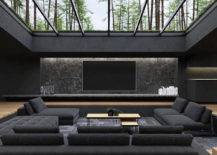
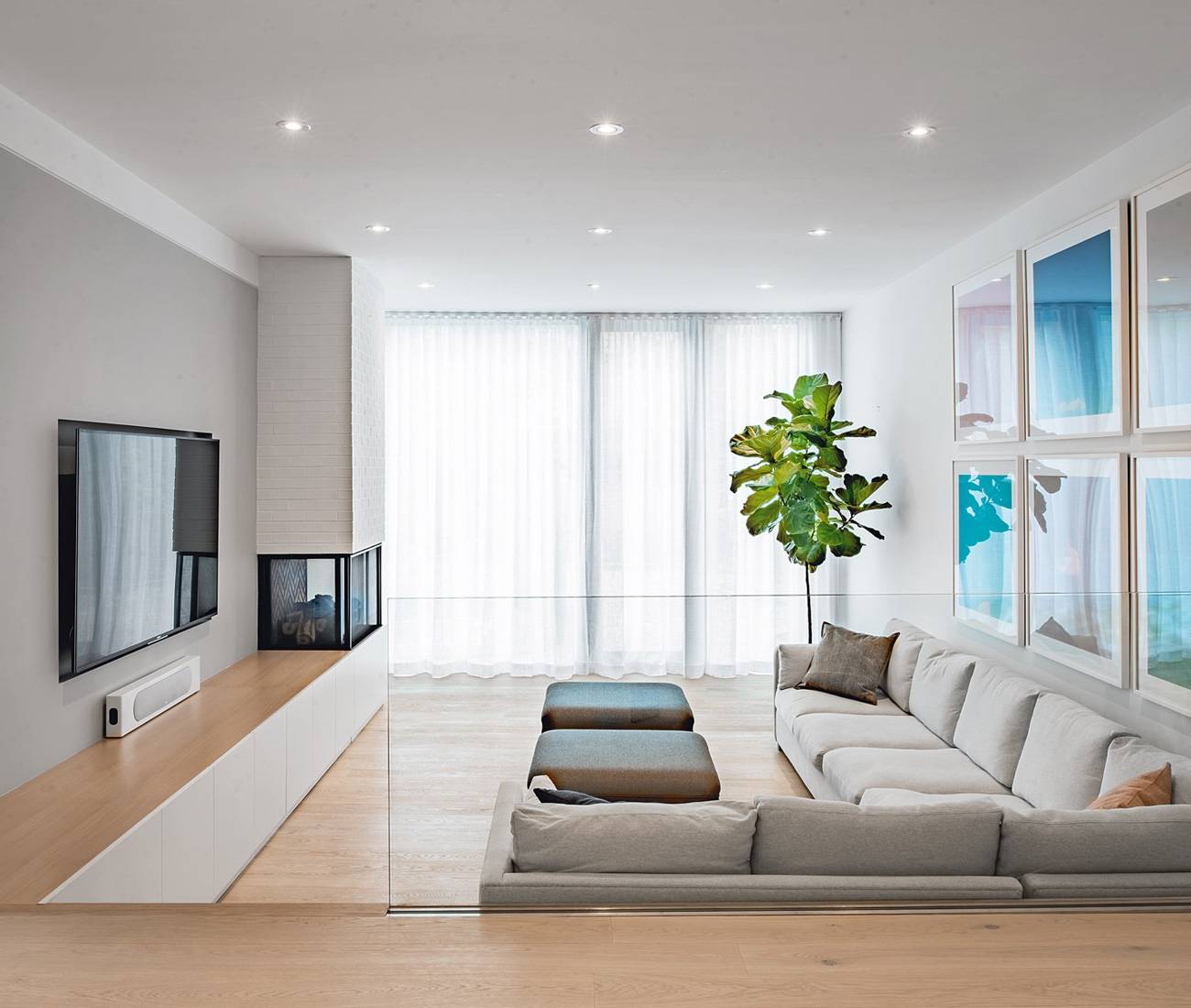
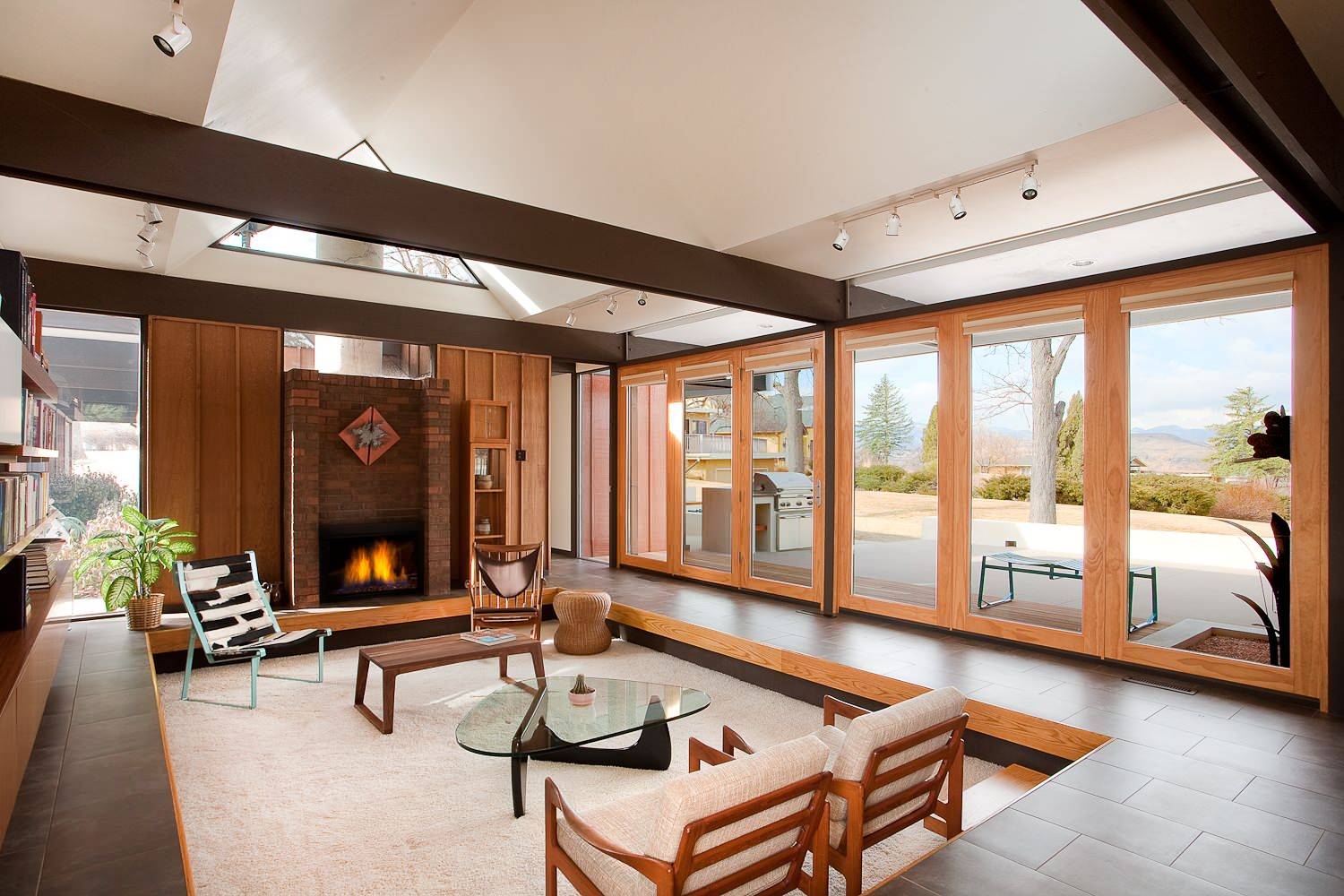
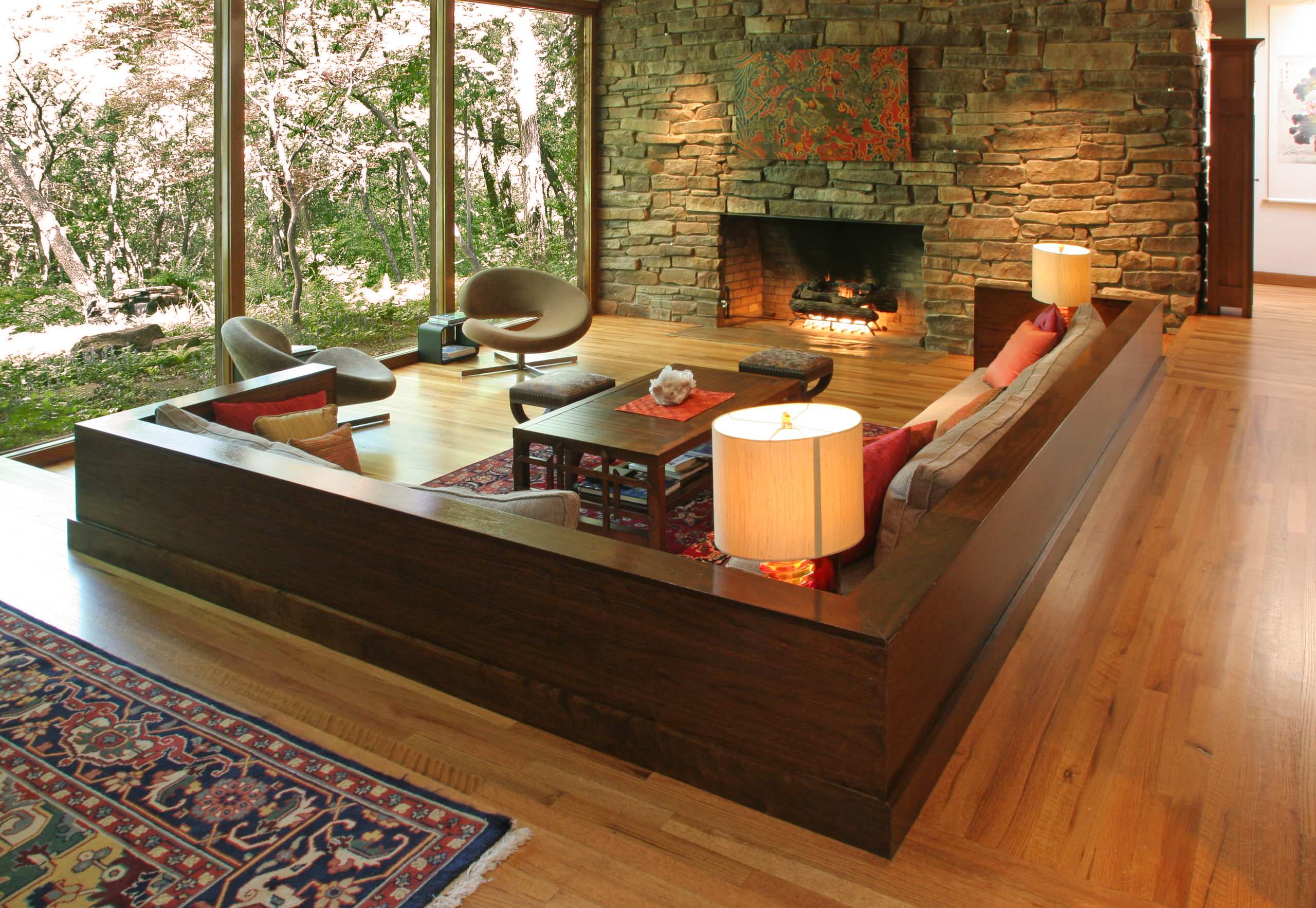
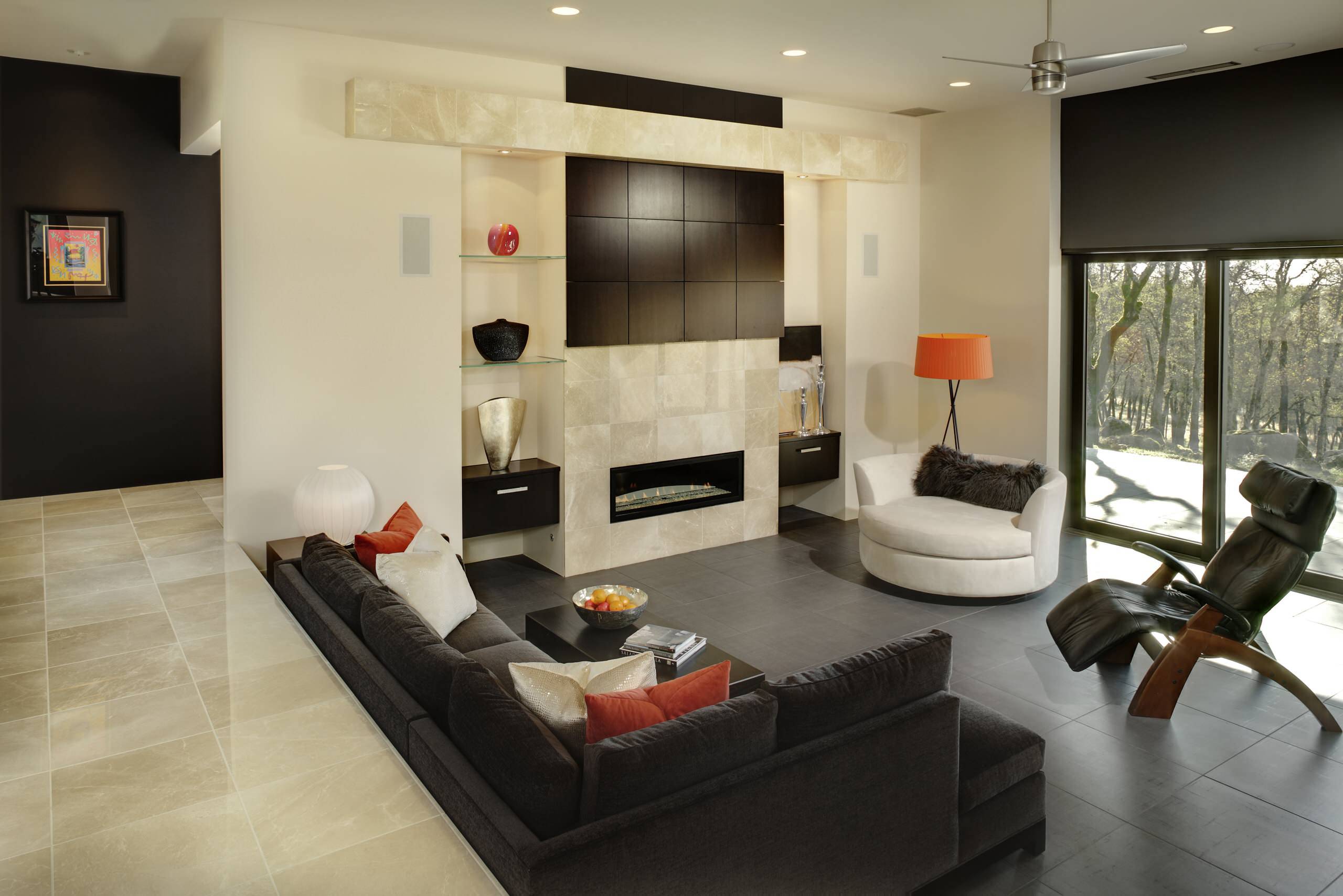
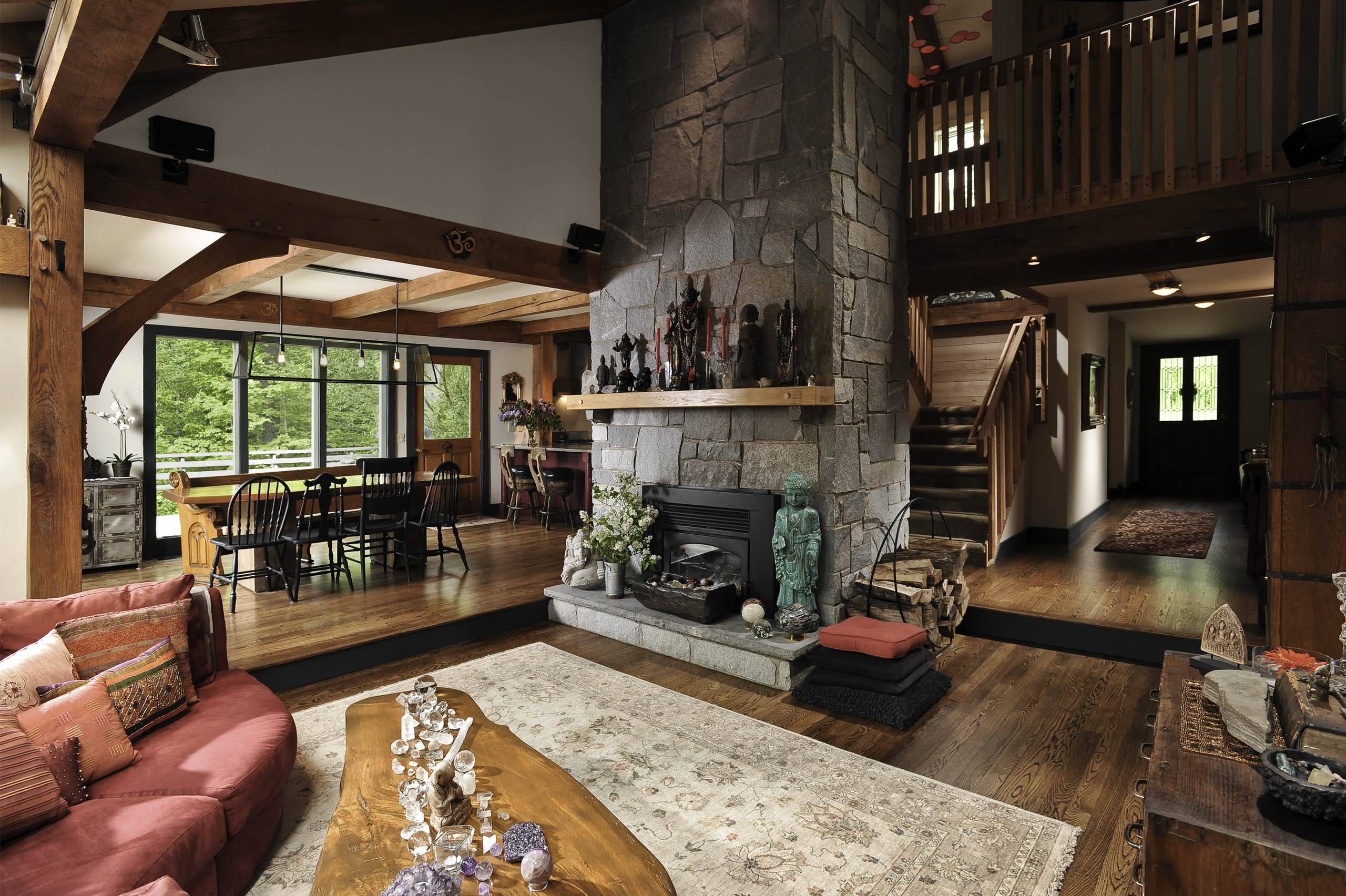
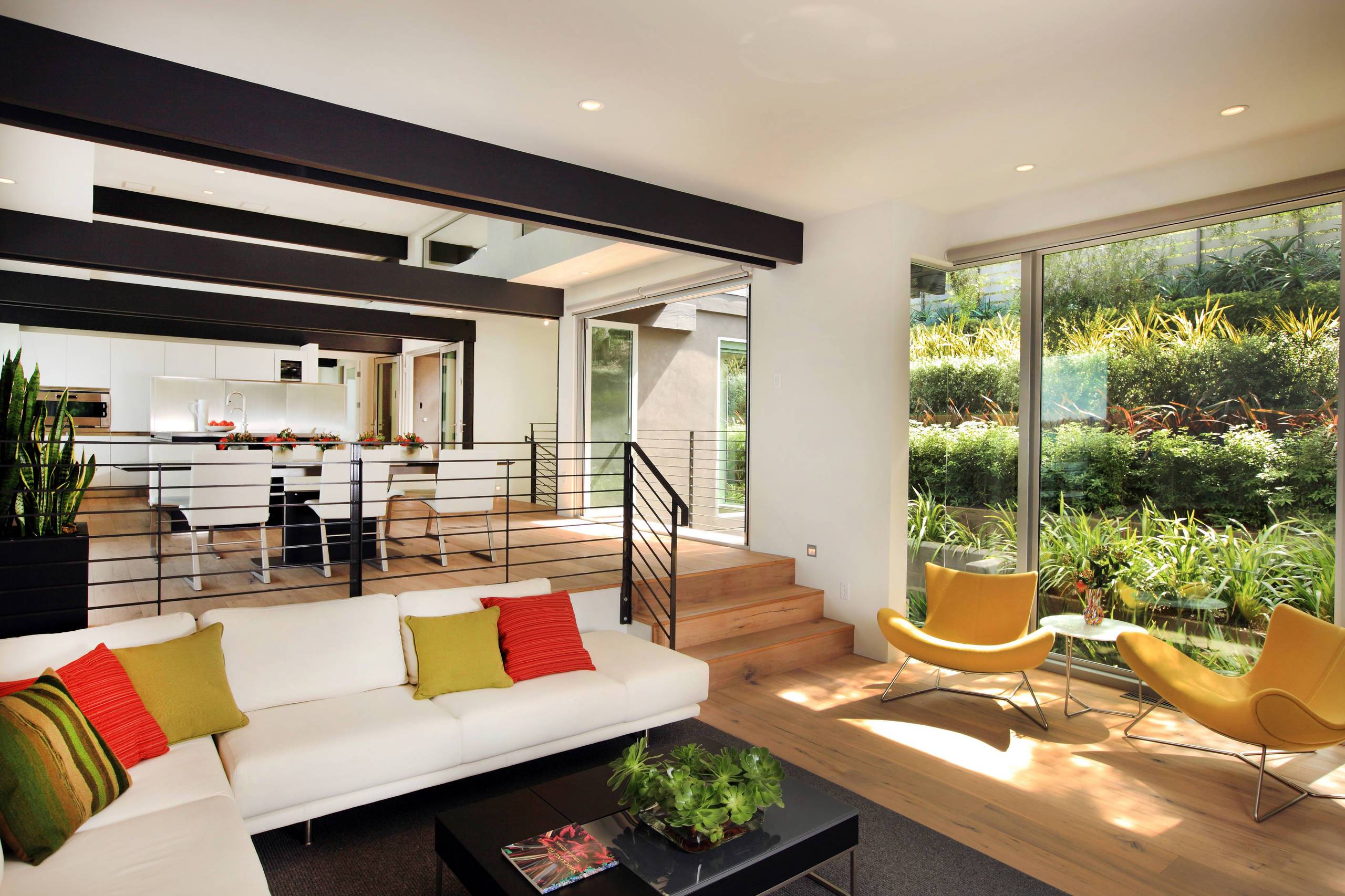
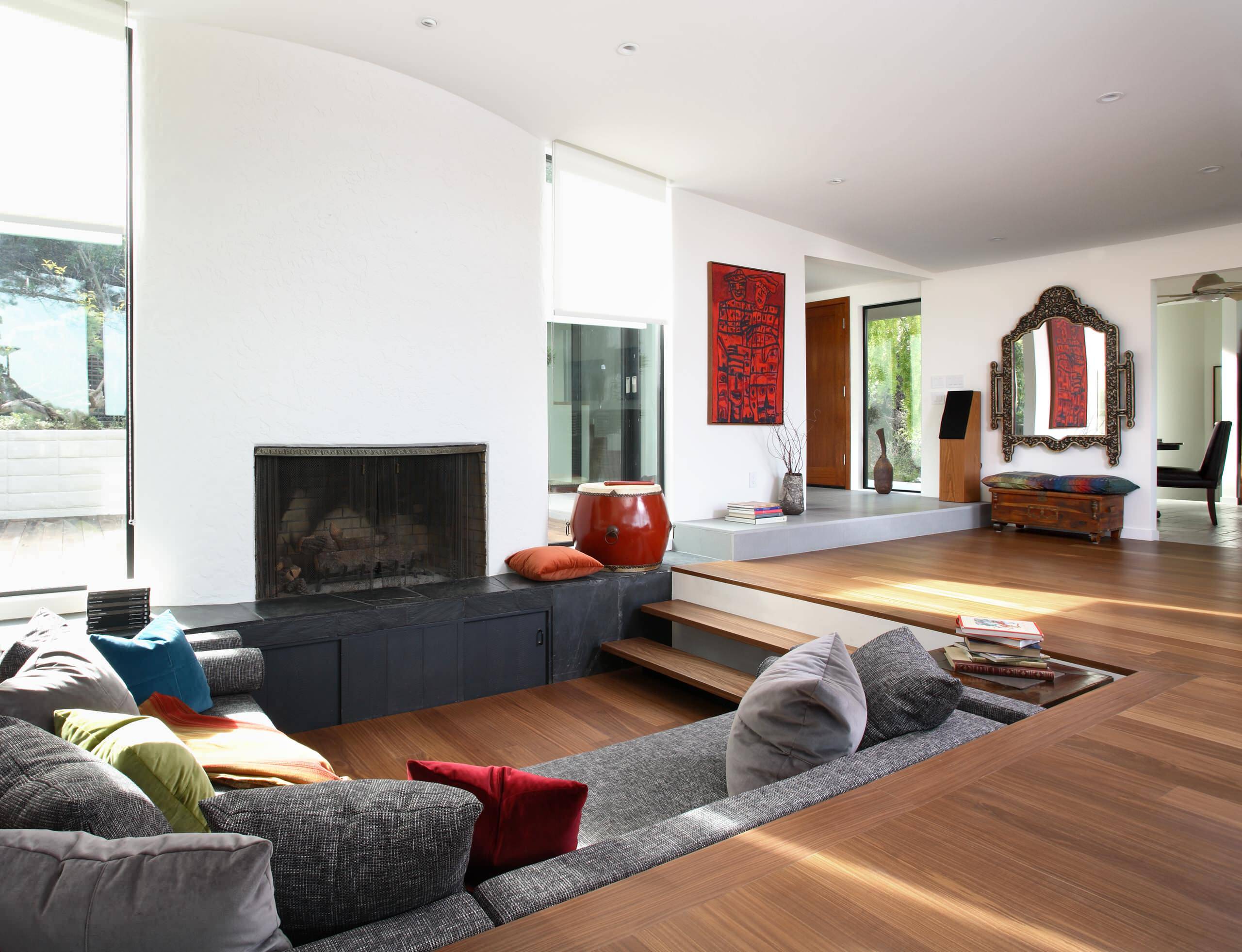
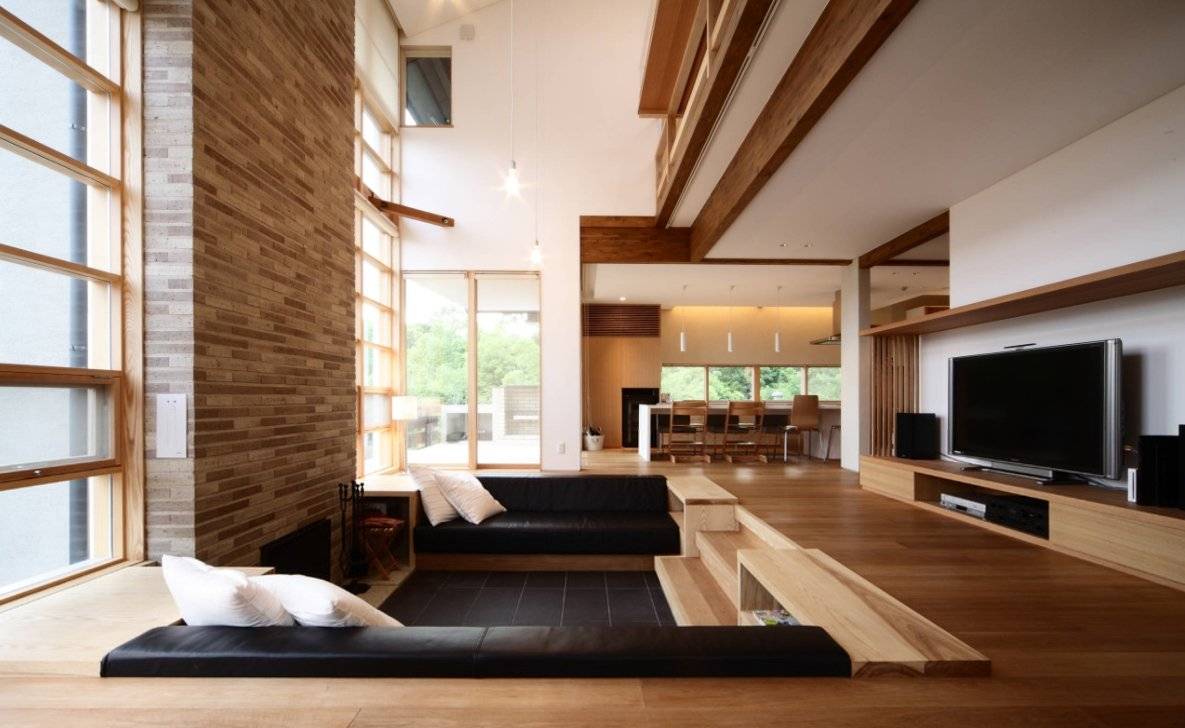
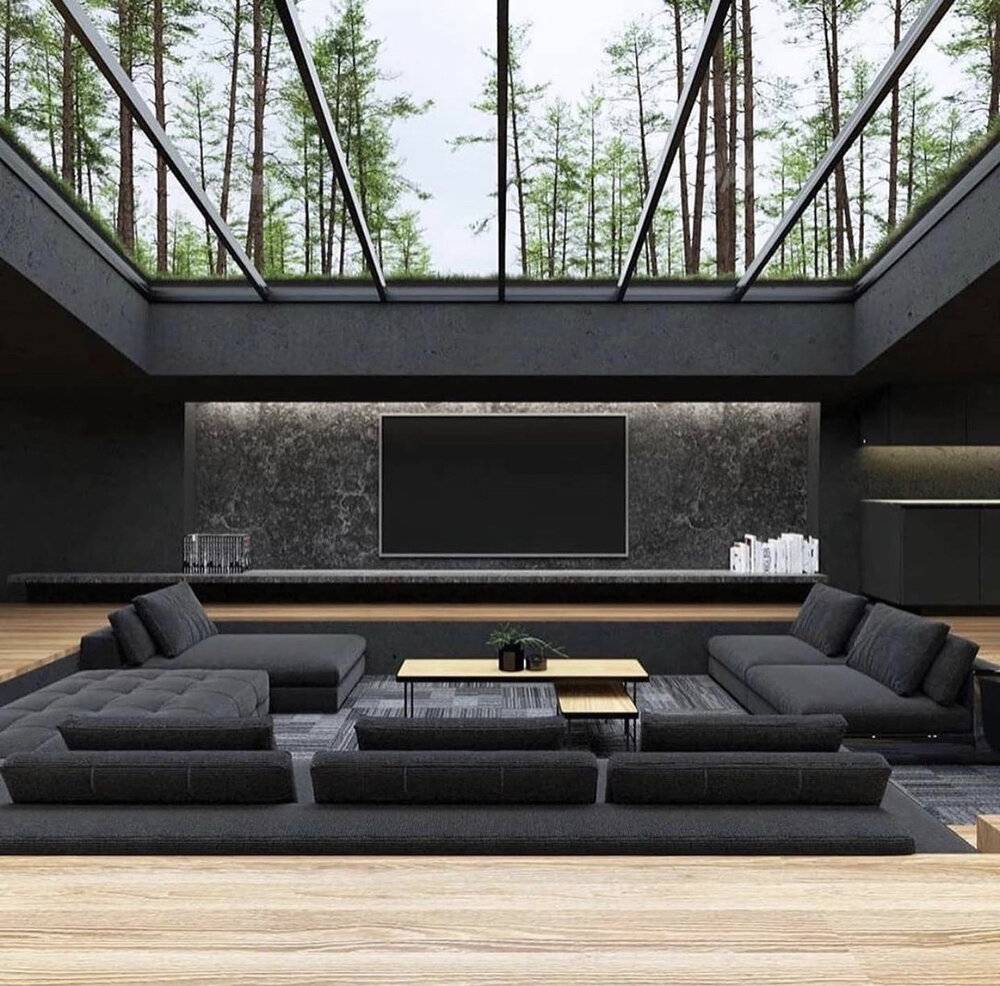
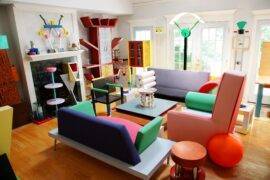


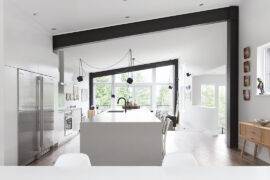
![Colors That Go With Teal [30+ Photos]](https://cdn.decoist.com/wp-content/uploads/2023/02/Teal-and-White-48011-270x180.jpeg)
